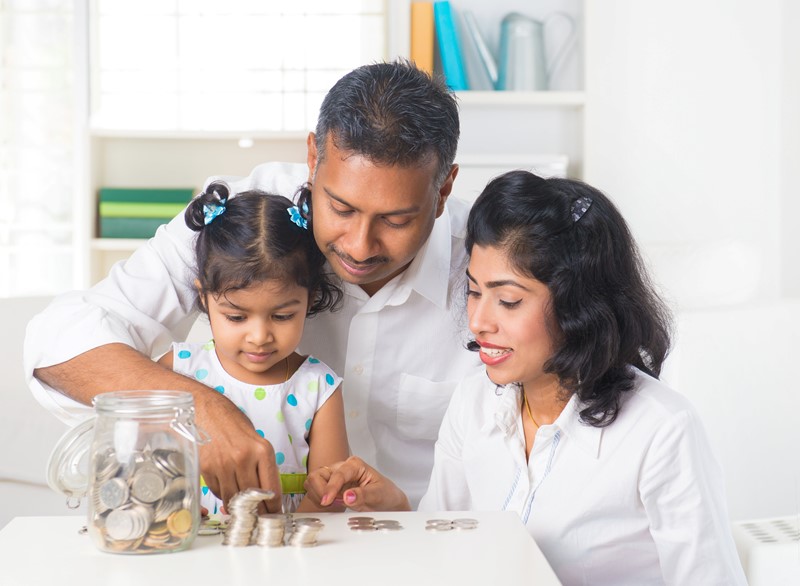Taxpayers entitled to the child benefit should be aware that HMRC usually stop paying child benefit on the 31 August on or after a child’s 16th Birthday. Under qualifying circumstances, the child benefit can continue until a child reaches their 20th birthday. A qualifying young person is someone aged 16,17, 18 or 19 in full time non-advanced education or in approved training.
Some examples of full-time non-advanced education are:
- A levels and other general academic qualifications of a similar standard, for example, Pre-U and the International Baccalaureate
- T levels
- Scottish Highers
- NVQs and other vocational qualifications up to level 3
- home education – if it started before your child turned 16 or after 16 if they have special needs
- traineeships in England
A child would not qualify if entering advanced education such as a university degree or BTEC Higher National Certificate.
Approved training should be unpaid and can include:
- Foundation Apprenticeships or Traineeships in Wales
- Employability Fund programmes in Scotland
- PEACE IV Children and Young People 2.1, Training for Success, or Skills for Life and Work in Northern Ireland
Any parents with children that remain in approved education or training should contact the child benefit office to ensure they continue receiving the child benefit payments to which they are entitled. No child benefit is payable after a young person reaches the age of 20 years.
The weekly rates of child benefit for the only or eldest child in a family is currently £21.05 and the weekly rate for all other children is £13.95.


Recent Comments